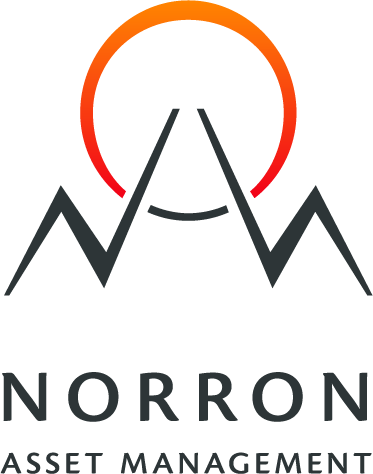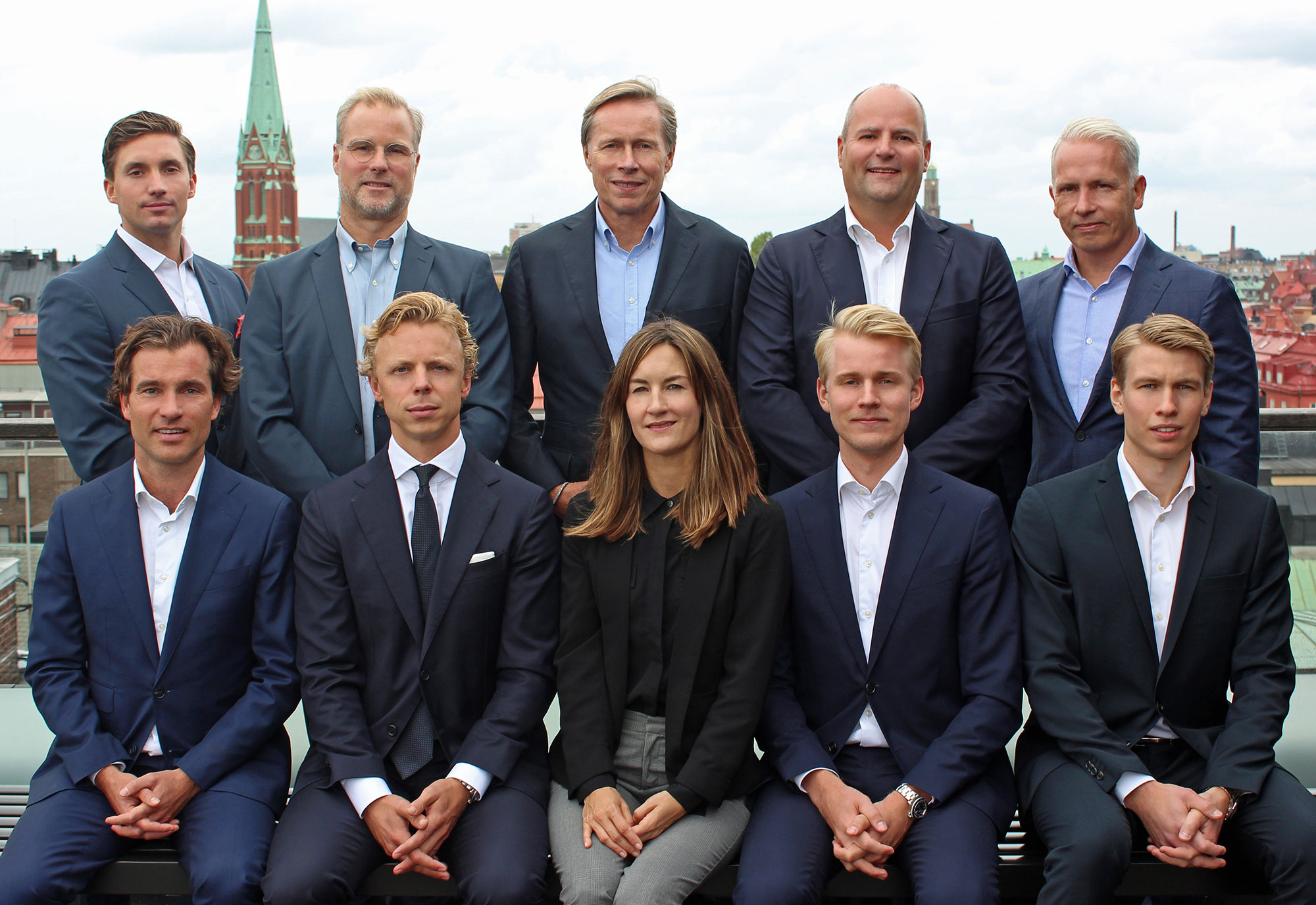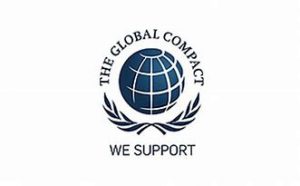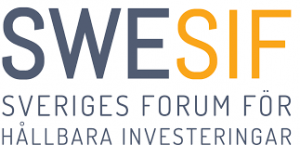Active Ownership

For Norron, sustainability is of great importance and integrated in the entire business. In addition to our own values and the current situation locally and globally, the basis for our sustainability work, which consists of carefully developed policies, systems and processes, is strong collaboration with stakeholders and networks.
- Norron has signed the PRI, the UN’s directive on responsible investment. The guidelines consist of six principles that investors undertake to follow in order to act ethically and responsibly.
- Norron has also signed the UN Global Compact, which means that we as a company follow its ten principles and act and report in accordance with these and established processes. The principles include supporting human rights, protecting the environment and combating corruption and child labor, to name a few.
- Norron works towards and reports on the UN’s 17 sustainable development goals (SDGs) and follows the EU’s new directives, the taxonomy, which is a tool that classifies which investments that are environmentally sustainable or those that are not. The purpose is to ensure that the financial sector receives common guidelines for which investments that can be called “green”. The taxonomy will enter into force on 31 Dec 2021, but we believe that it makes sense to take the future regulation into consideration already.
- Norron carries out active advocacy work in form of proactive and regular dialogues with the companies we invest in and forms the basis of acting responsibly and working for a faster and lasting improvement in the area of sustainability. Through active ownership, we can steer companies in the right direction and thereby increase the probability of sustainable future value creation.
- Close co-operation between Norron’s management team and the sustainability team is important for driving our sustainability work forward and in the best possible way establish which companies and markets are most suitable to invest in from several aspects, not least from a sustainability perspective.
- Norron’s ESG-council is Norron’s sustainability working group consisting of representatives from the investment team, sustainability and legal departments. The members meet regularly, at least monthly but also ad hoc, and have developed systems, processes and templates regarding how to work with sustainability.
- An important part of active ownership is to participate in and vote at general meetings and AGMs, which we do when we believe it is in the investors’ interests. We take an active role in the companies we invest in through advice, pressure, questioning behaviors and workshops and have regular communication and meetings with the companies’ management. Our aim is to make them focus on and prioritize sustainability.
- We believe that a good starting point for a company to take its sustainability work forward is to sign and follow the UN Global Compact’s 10 principles and study the UN’s 17 SDGs. In order to structure the work and achieve a visible result, we advise that you focus on some of the SDGs to begin with.
- Norron has an ESG database where we log all our ESG activities and interactions with companies and other stakeholders such as meetings, workshops, etc. This information is then used for our sustainability reporting.
- In Norron’s sustainability library, we collect all external literature in relation to ESG: sustainability and annual reports, presentations and other relevant company information that we use in our analysis process. We combine the internal analysis with analysis from external ESG data providers.
- Norron’s ESG watchlist is a list of companies where there has been some form of sustainability incident. We do a thorough investigation and speak to the company in question and depending on the information we receive, the working group discusses and takes a decision regarding the next step – sell, keep and / or place the company on our watch list for “monitoring” and thus have extra control relating to how the company acts in the future in this regard.
- Reporting is something we consider of central importance, even more so for our sustainability fund Sustainable Equity. In addition to our standardized monthly reporting, we will include information on the share of companies in the portfolio that have signed the UN Global Compact and which of the UN sustainable development goals our holdings have chosen to focus on.








 For swiss investors press here
For swiss investors press here